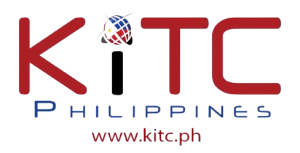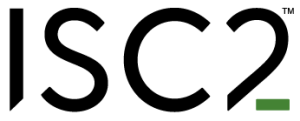After completion of this course, students will be able to:
- Understand DevOps security bottlenecks and discover how the culture, philosophy, practices, and tools of DevSecOps can enhance collaboration and communication across development and operations teams.
- Integrate Eclipse and GitHub with Jenkins to build applications.
- Integrate threat modeling tools like Threat Dragon, ThreatModeler, and Threatspec; manage security requirements with Jira and Confluence; and use Jenkins to create a secure CI/CD pipeline.
- Integrate runtime application self-protection tools like Hdiv, Sqreen, and Dynatrace that protect applications during runtime with fewer false positives and remediate known vulnerabilities.
- Implement tools like the Jfrog IDE plugin and the Codacy platform.
- Implement various automation tools and practices, including Jenkins, Bamboo, TeamCity, and Gradle.
- Implement penetration testing tools like gitGraber and GitMiner to secure CI/CD pipelines.
- Integrate automated tools to identify security misconfigurations that could expose sensitive information and result in attacks.
- Audit code pushes, pipelines, and compliance using logging and monitoring tools like Sumo Logic, Datadog, Splunk, the ELK stack, and Nagios.
- Integrate compliance-as-code tools like Cloud Custodian and the DevSec framework to ensure that organizational regulatory or compliance requirements are met without hindering production.
- Integrate tools and practices to build continuous feedback into the DevSecOps pipeline using Jenkins and Microsoft Teams email notifications.
- Understand the DevSecOps toolchain and how to include security controls in automated DevOps pipelines.
- Align security practices like security requirement gathering, threatmodeling, and secure code reviews with development workflows.
- Understand and implement continuous security testing with static, dynamic, and interactive application security testing and SCA tools (e.g., Snyk, SonarQube, StackHawk, Checkmarx SAST, Debricked, WhiteSource Bolt).
- Integrate SonarLint with the Eclipse and Visual Studio Code IDEs.
- Integrate automated security testing into a CI/CD pipeline using Amazon CloudWatch; Amazon Elastic Container Registry; and AWS CodeCommit, CodeBuild, CodePipeline, Lambda, and Security Hub.
- Perform continuous vulnerability scans on data and product builds using automated tools like Nessus, SonarCloud, Amazon Macie, and Probely.
- Use AWS and Azure tools to secure applications.
- Understand the concept of infrastructure as code and provision and configure infrastructure using tools like Ansible, Puppet, and Chef.
- Use automated monitoring and alerting tools (e.g., Splunk, Azure Monitor, Nagios) and create a real-time alert and control system.
- Scan and secure infrastructure using container and image scanners (Trivy and Qualys) and infrastructure security scanners (Bridgecrew and Checkov).
- Integrate alerting tools like Opsgenie with log management and monitoring tools to enhance operations performance and security










